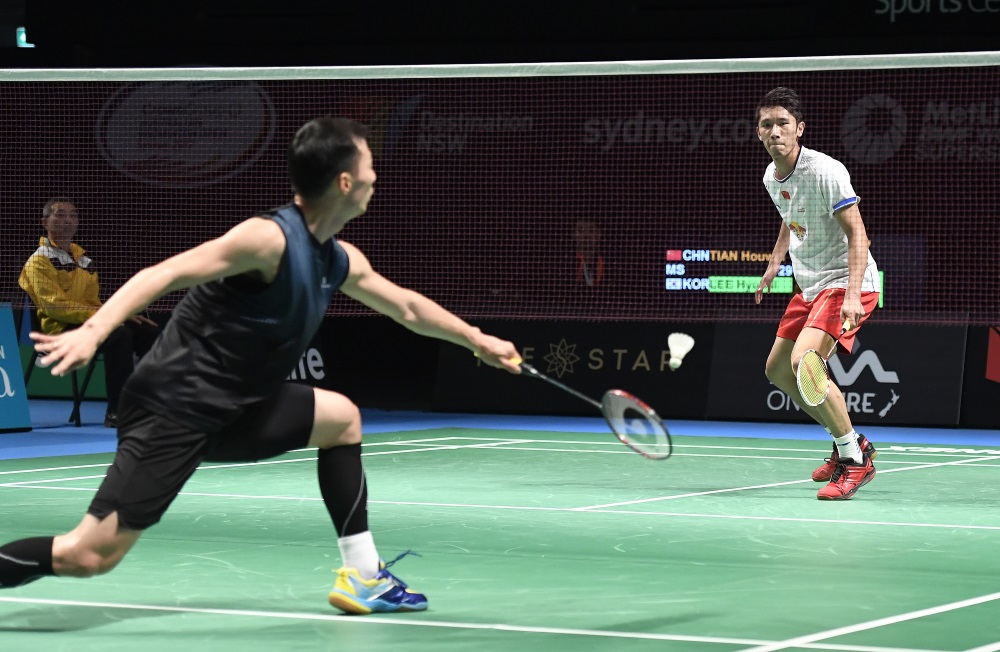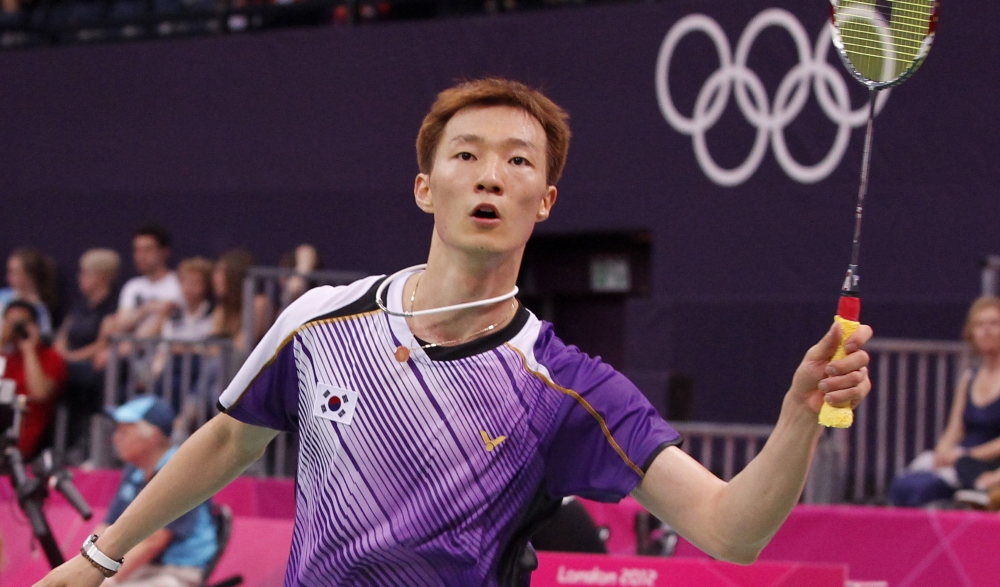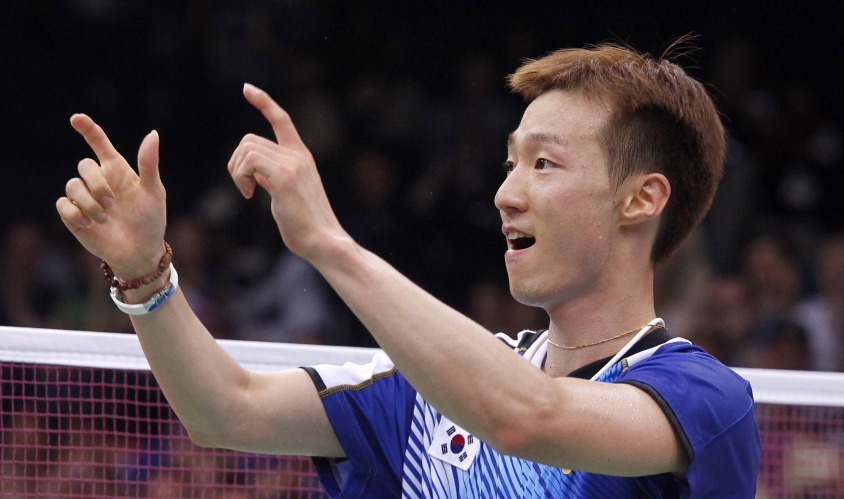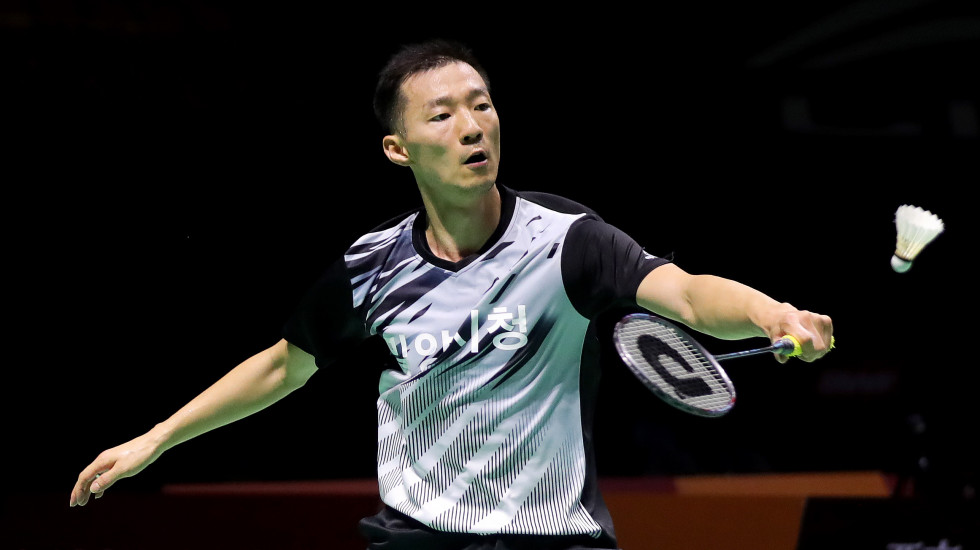Four names stand out as the best men’s singles players of the last two decades – Lin Dan, Lee Chong Wei, Taufik Hidayat and Peter Gade.
Not too long ago, a well-known commentator mused on one name that deserved to be in that league. Lee Hyun Il.
“In my opinion, he was the most talented of them all,” he said.

Lee Hyun Il was one of the most technically gifted players of his time.
The mystery about Lee’s career is the relative lack of major titles. He did win the odd big event – the Japan Open 2002, the Indonesia Open 2005 and the Korea Open 2008 were the most prominent of them – but Lee’s game was about much more than the ability to win major titles. The Korean was a strokeplayer extraordinaire, bringing to court an artistry that was rarely seen.
Moving with balletic ease, Lee played to a different beat from the frenetic badminton of his peers, crafting each point with deliberation and a slow tightening of the noose. It was a craftsman’s approach to badminton, an approach that hasn’t had many adherents this millennium, for speed and explosive power have compensated for the finer weapons in the arsenal of the top players. And yet, to see a player like Lee was to become appreciative of the wider canvas of the art of badminton.
After losing to Lee at the Korea Open in 2016, an exasperated Jan O Jorgensen mused: “Who else do you see using the slow drop these days?”

It was a shot that Lee employed to great effect; the precision and control involved in his strokeplay gave him the leeway to push opponents from one extremity of the court to another.
While he had limited title-winning success at individual events, Lee was able to secure important team victories. He was a factor in Korea’s triumph at the Asian Games in 2002, and then, 12 years later in Incheon.
The second Asian Games gold came in dramatic circumstances. China had pulled level from a 0-2 deficit. Lee took on the much younger Gao Huan in the last match and outplayed him 21-14 21-18.
Lee was the ultimate comeback man of badminton. His appearance in 2014 was his second return after retirements in 2008 and 2012, and he restricted himself to lower-rung tournaments. However, against most expectations, he continued to get the better of top opponents – in 2015, for instance, he won three Grand Prix Gold events.

He seemed to get better with age. In 2016, at 36, he beat Viktor Axelsen and Chou Tien Chen on way to a final at the French Open; the next year, he was in the final of the Denmark Open having beaten Chen Long, Rajiv Ouseph and younger compatriot Son Wan Ho.
What explained his consistency so late into his career?
“I’m very disciplined,” Lee explained. “I never miss a session of training. I also started to enjoy my game after I became an independent player because I felt less pressure.”
His later years in badminton saw him turn out in professional leagues in Malaysia and India, achieving the kind of popularity that had eluded him in his prime.































